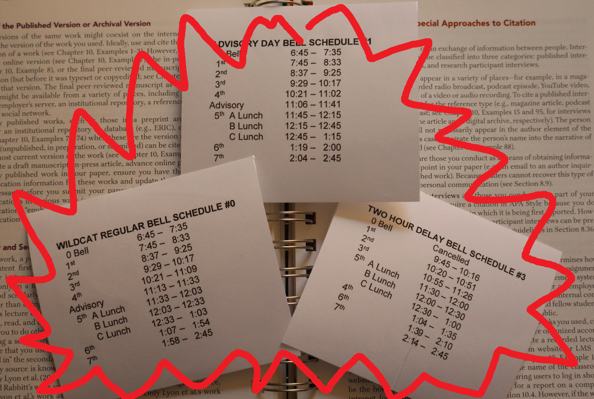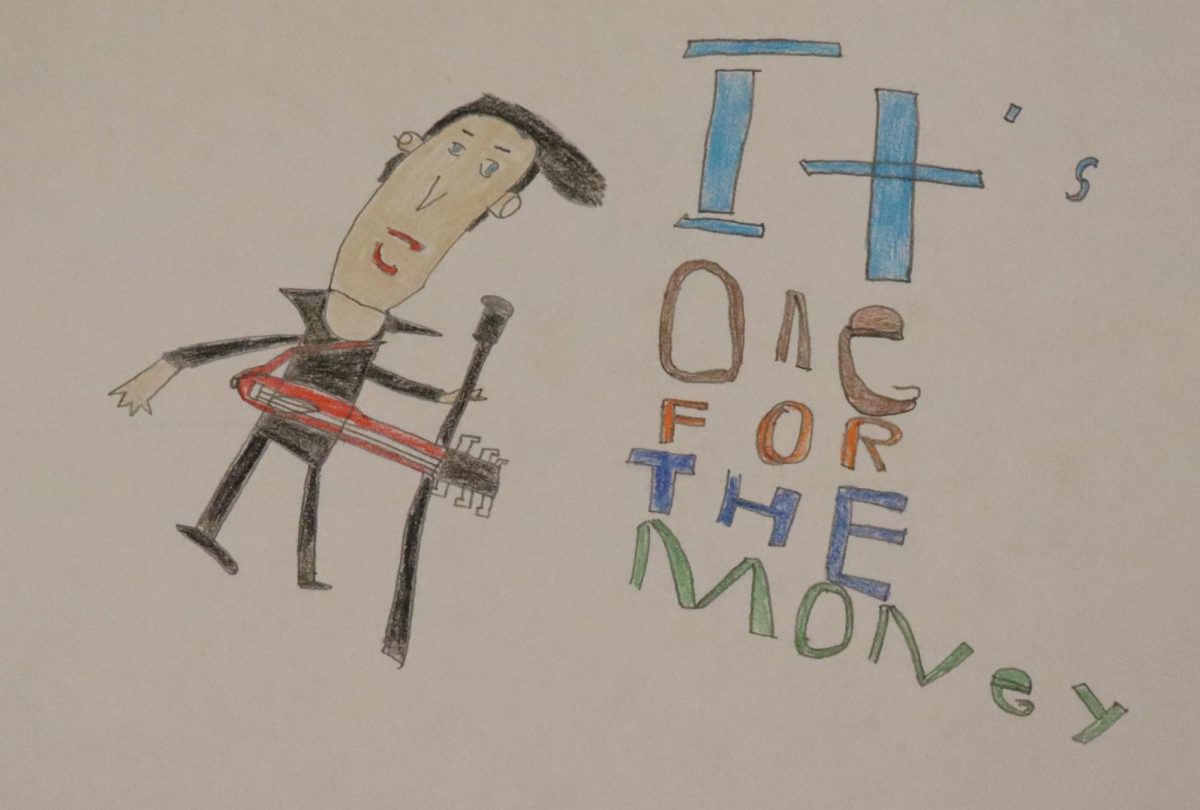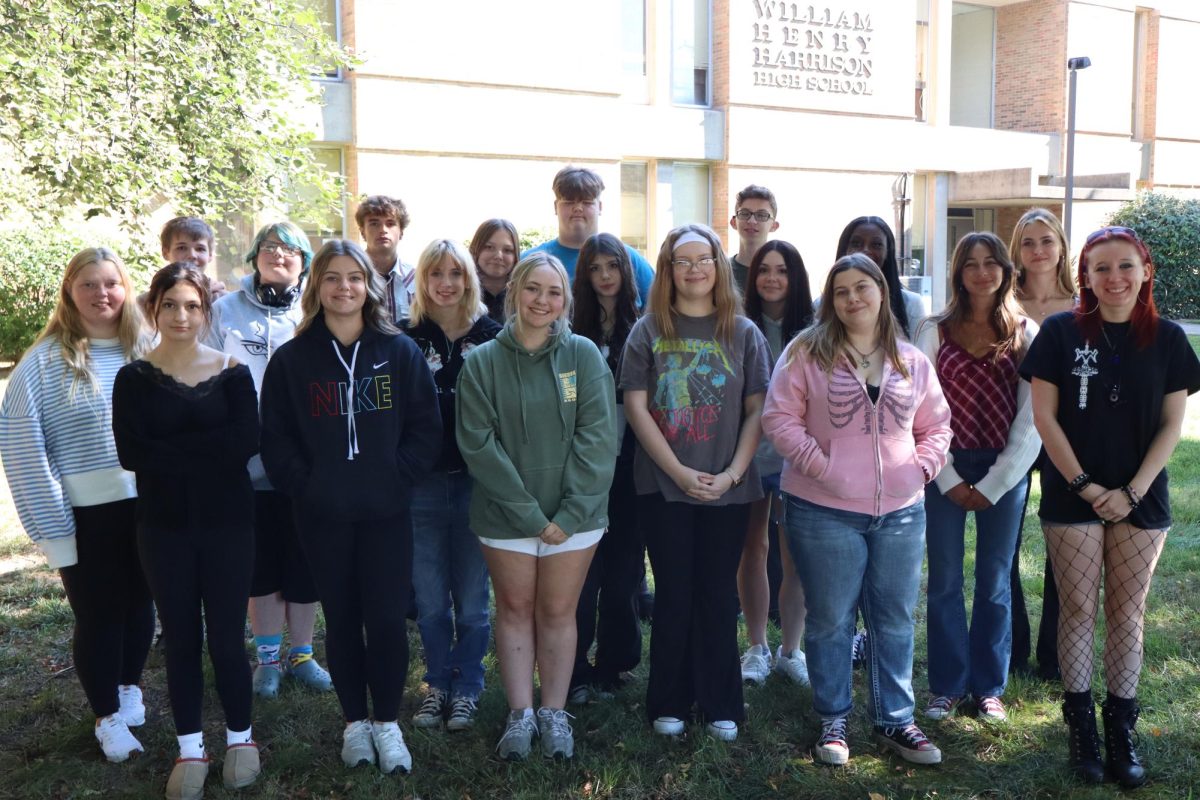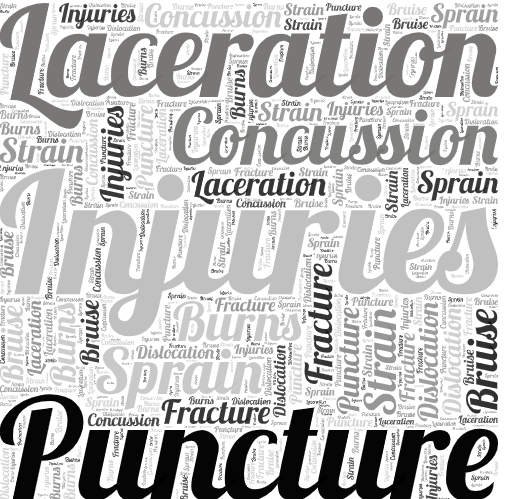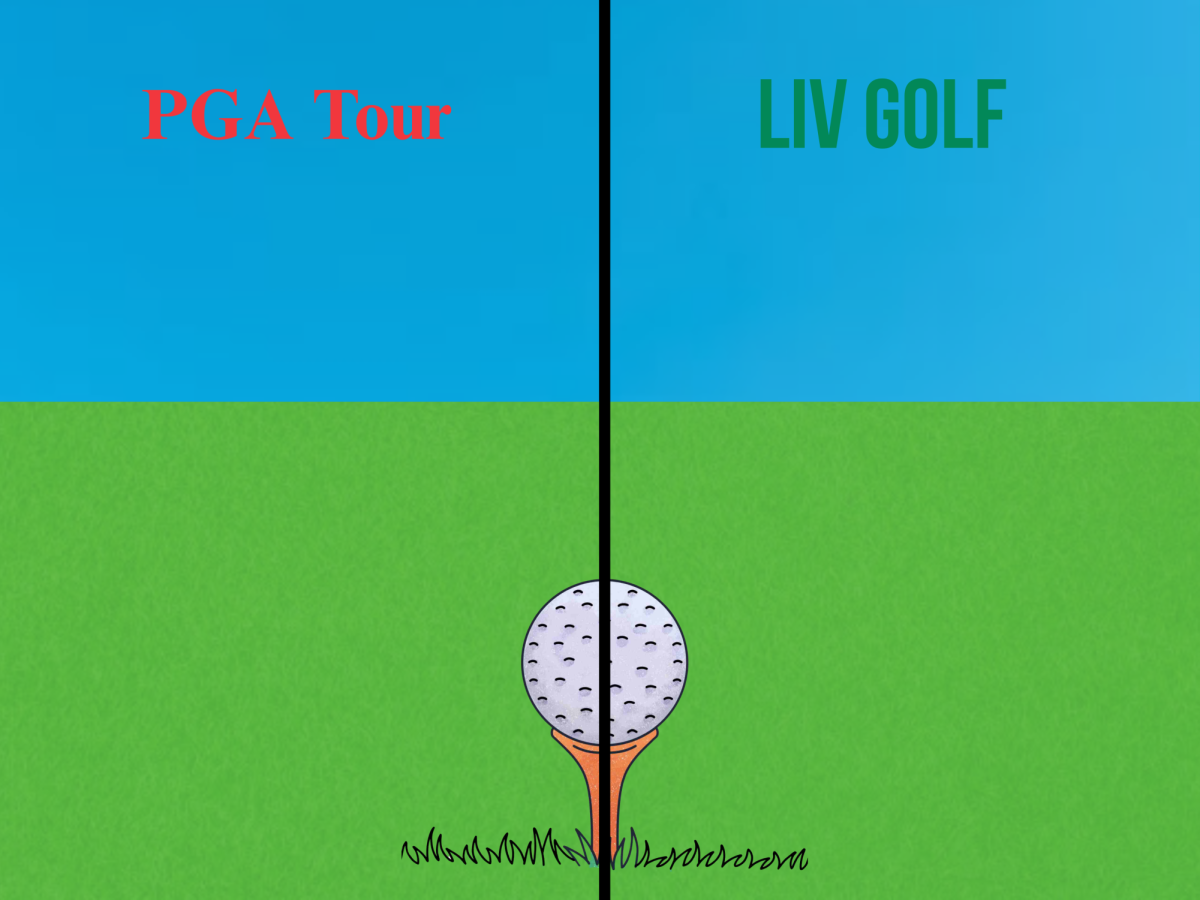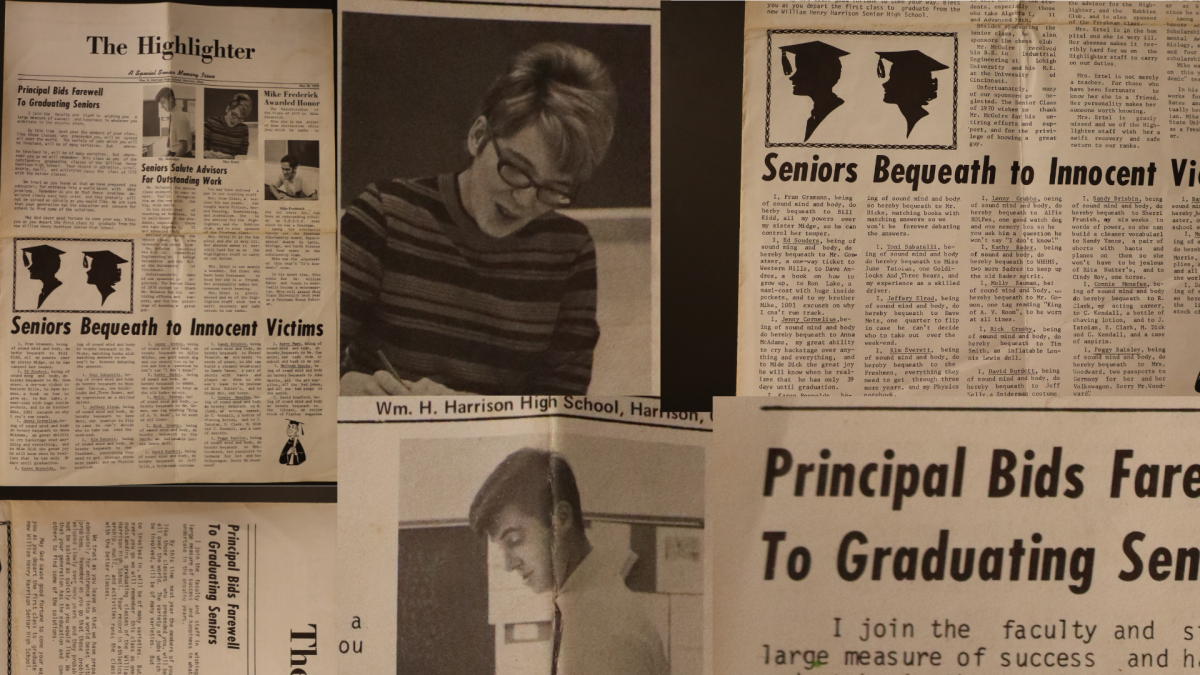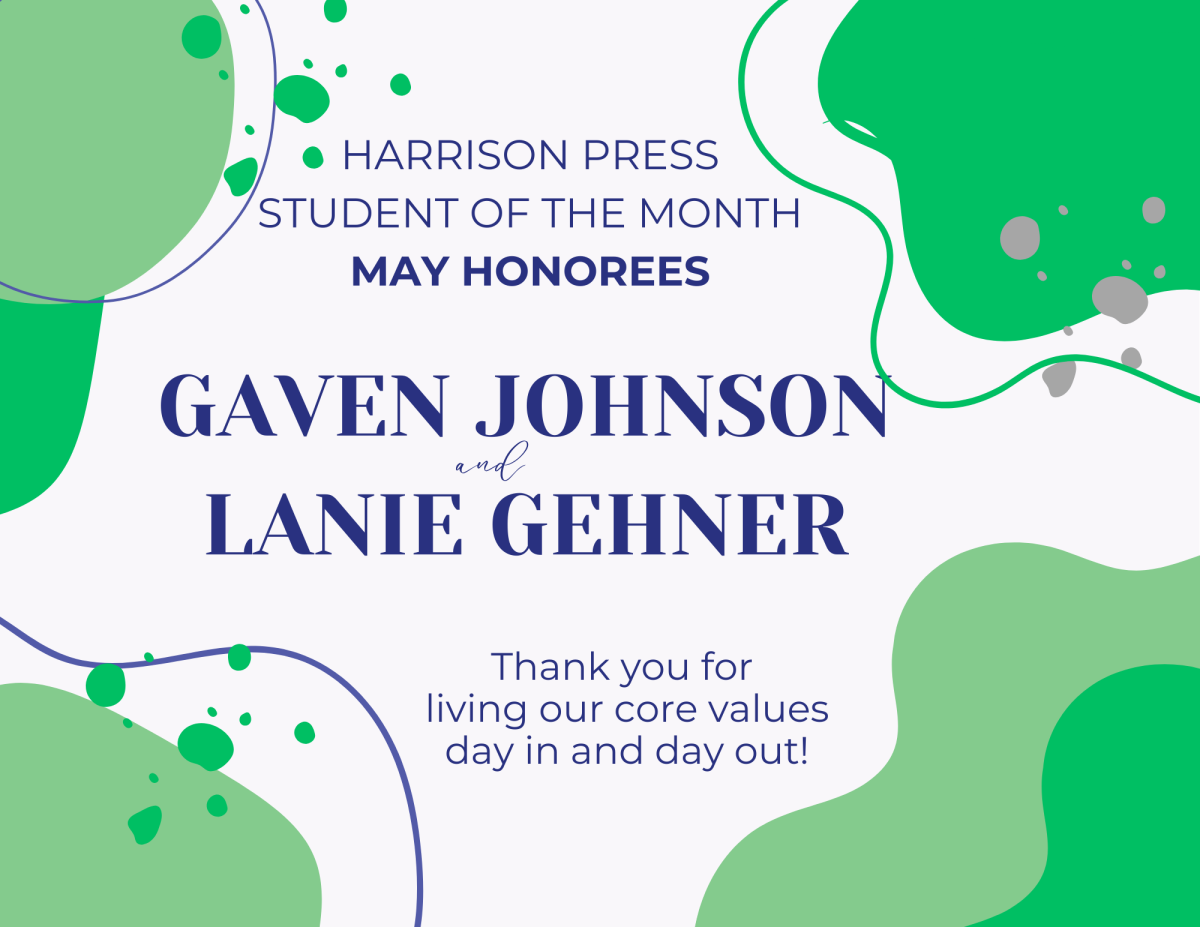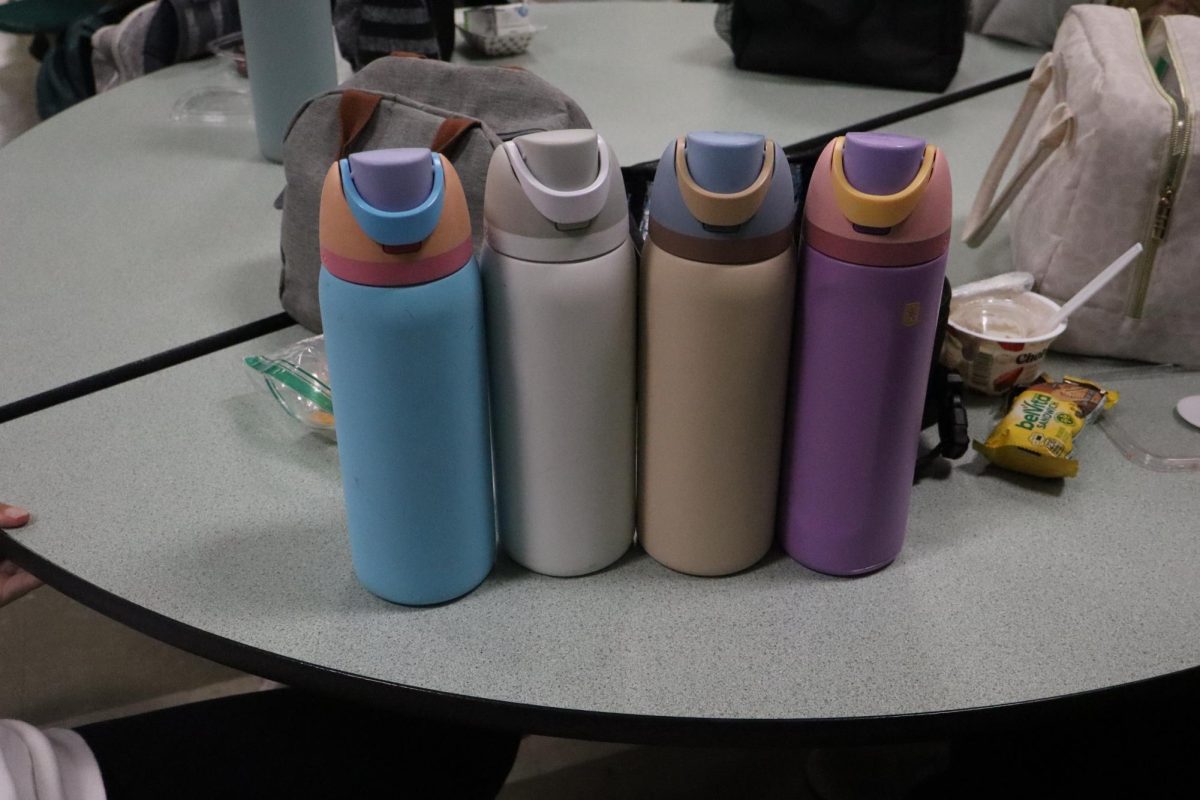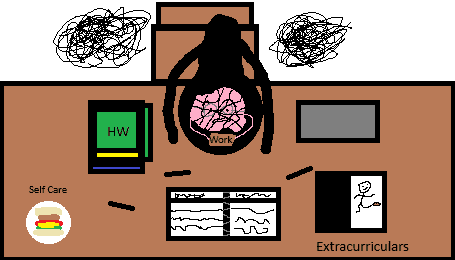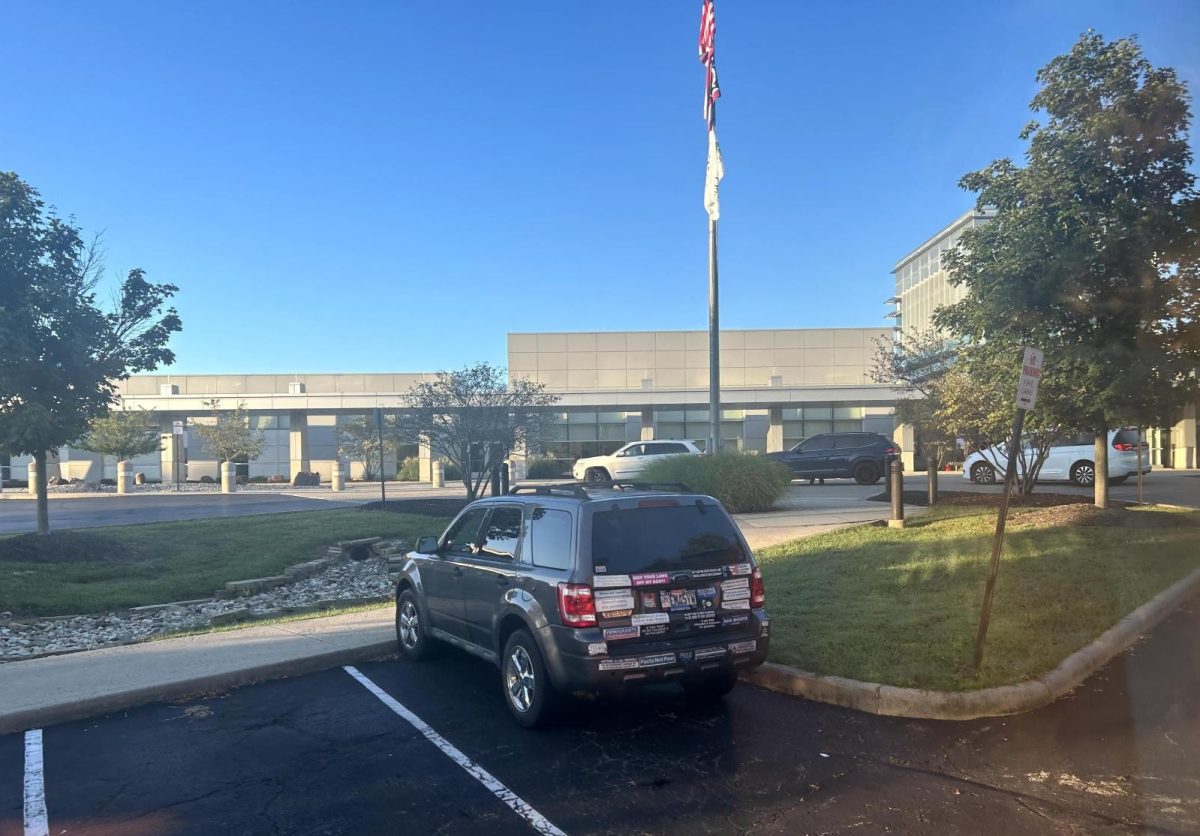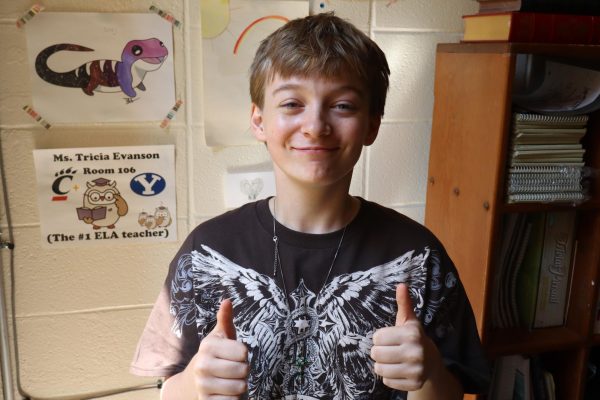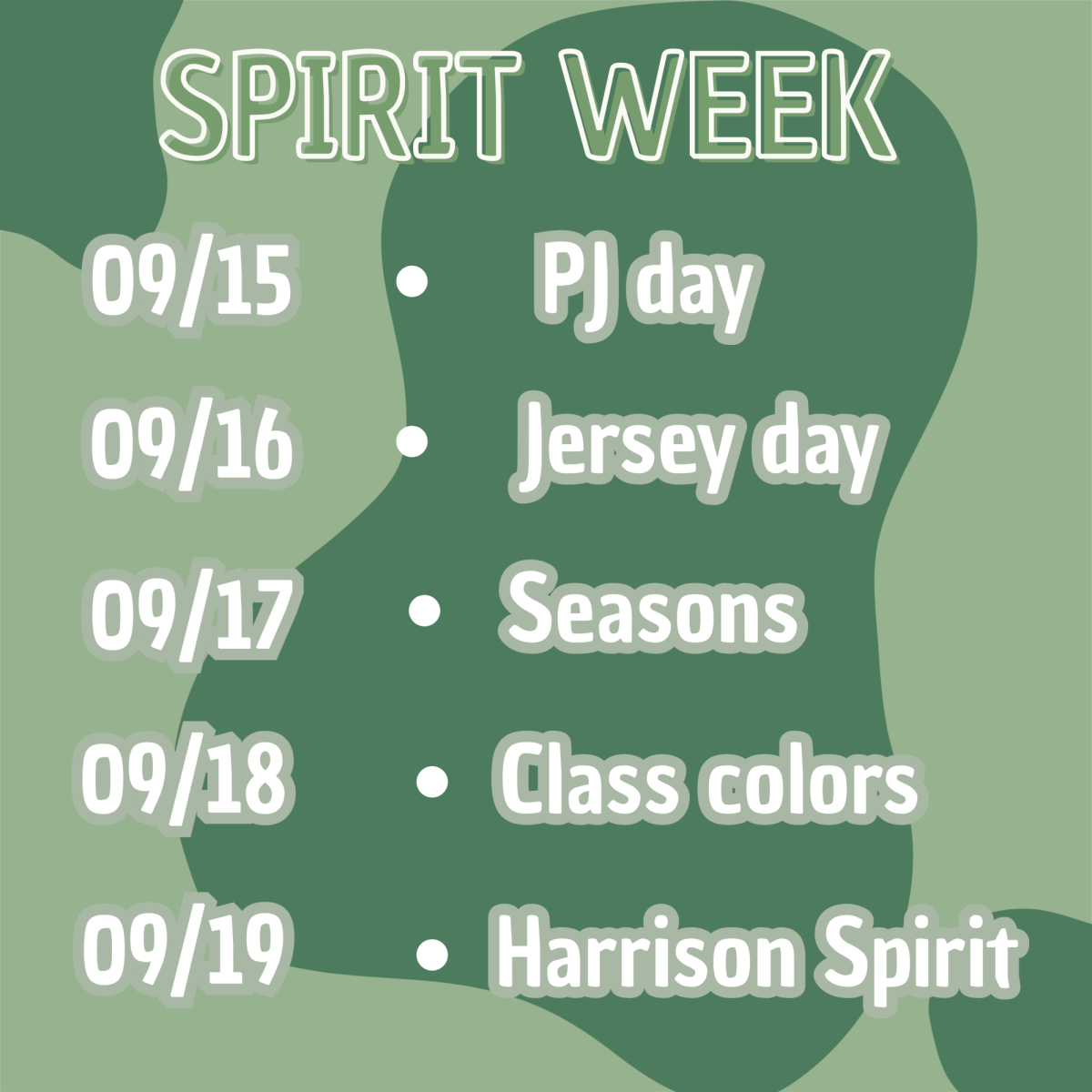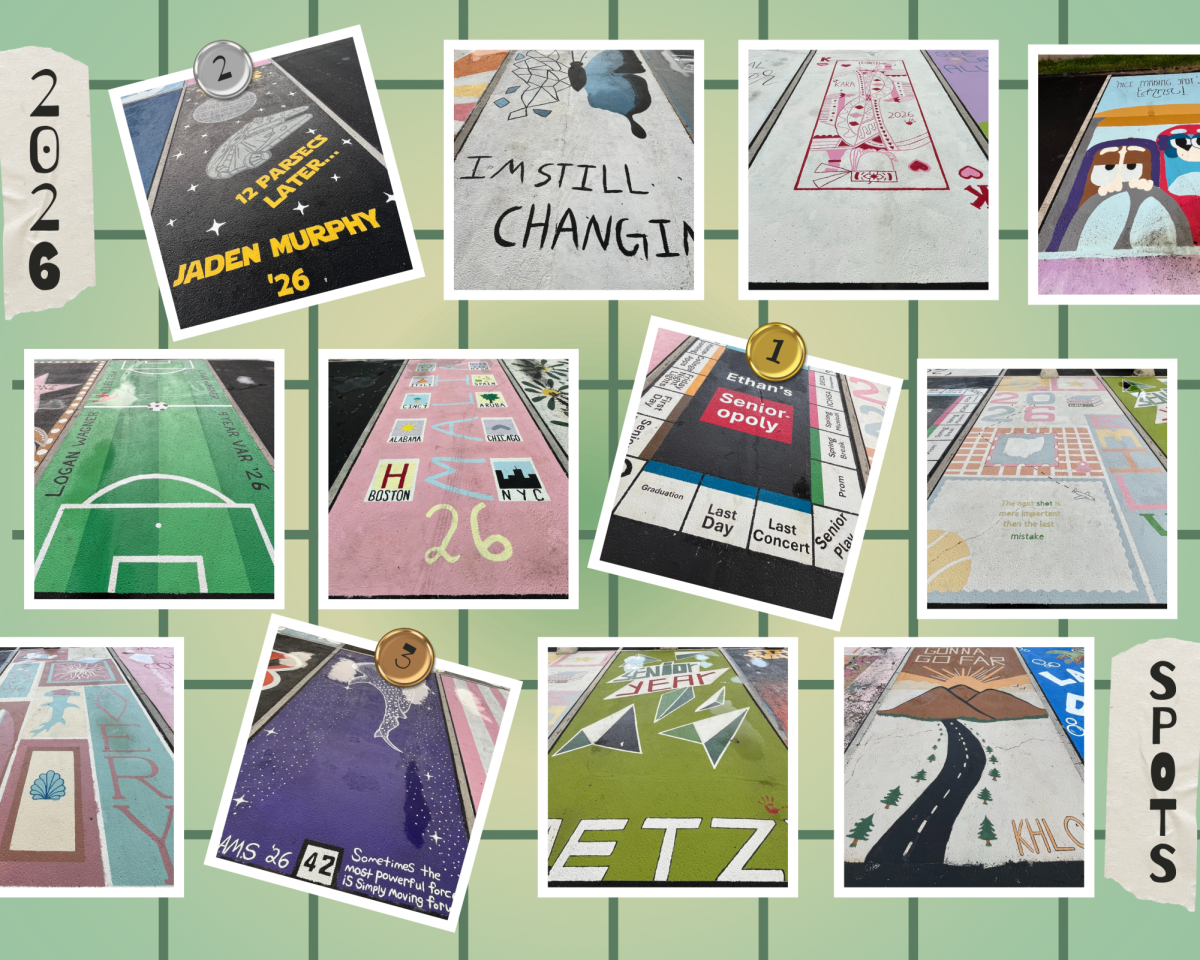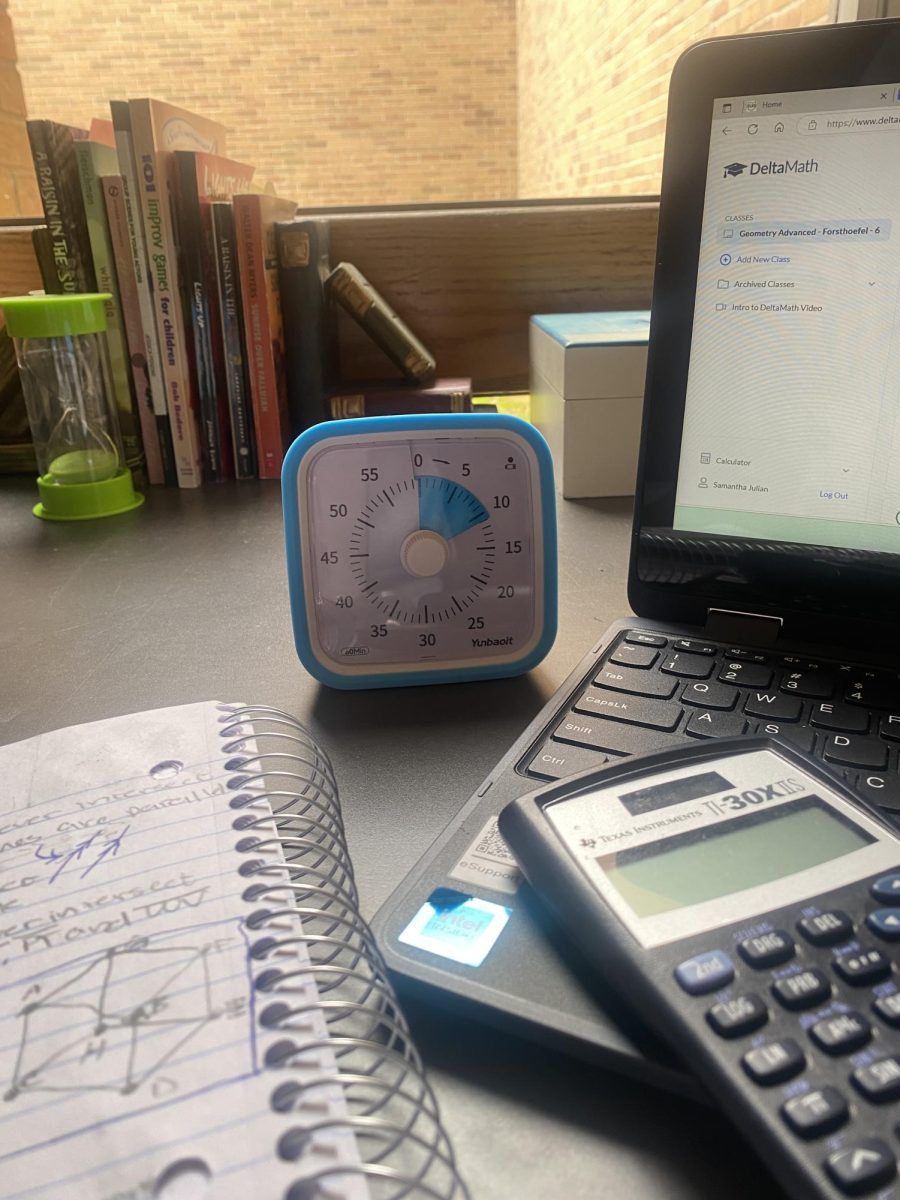Feeling sleepy? I bet you are.
Did you know that up to 60 to 70% of American teens live with a sleep debt that is borderline to even severe? According to The Cost of Sleep Deprivation by Juliann Garey, not sleeping enough can cause teenagers to go into a “perpetual cloud of haze” which negatively effects their mood and overall cognitive abilities. Sleep deprivation has a multitude of negative effects, such as increased risk of injury, inability to self-regulate, risky behavior, and a possible trigger for mental illnesses. Even if it’s only a few nights that you miss sleep, the negative effects can still play a big part in your day-to-day life.
Teens who lack proper sleep are in a lot more at risk than those who do get enough sleep. The study from the National Sleep Foundation mentions how drowsiness and fatigue can cause at least 100,000 traffic accidents each year. Another state study later cited in the same article found that 55% of all the “fall asleep” crashes were from drivers who hadn’t even reached 25 yet.
When you don’t get enough sleep, it can not only cause you harm, but it can also put others in harm’s way. Sleep deprivation brings a lack of impulse control and suffering from impaired judgement which leads to poor decision making. For example, driving without proper sleep which then leads to falling asleep in the midst of it. In the same article made by Juliann Garey, Dr. Carskadon discovered how sleep deprived teens are far more likely to use stimulants to get through the day. Those stimulants include: nicotine, caffeine, or even in extreme cases alcohol.
Sleep deprivation could be a possible trigger for mental illnesses. Mental illness commonly starts developing during teenage years. Severe sleep deprivation can cause a trigger into depression or other mood disorders early on and effect the kids who were already susceptible. A part that plays into this is the fact that when you don’t get enough sleep, your cognitive functions practically go “crazy”. This is confirmed by Ryan C. Meldrum, an Assistant Professor in the Department of Criminal Justice at FIU, and his study in which he found how short sleep duration, late bedtimes, and poor overall sleep quality is linked with expressing aggression, impulsivity, and having a short temper. He continues to talk about a theory where self-control is more like a muscle than a stable personality trait. When a muscle has stress put onto it or tons of energy exerted from it, it needs rest to become “stable” again just like with self-regulation.
This year at the William Henry Harrison High School, if you haven’t somehow already noticed, the bell schedule has been changed. With this change there has been an effect on students here at WHHHS from poll results. Mr. Pollitt, who is the principal, fortunately has answered some frequent questions about the new schedule. First off, the obvious question is why did the schedule change? The answer given was because the high school and junior high share several staff members, which means the schedule had to be altered to fit more with the junior high and as well give more time to advisory every day. The staff members that are shared between the schools include: Mr. Egan, Mr. Hutcherson, Mr. Clark, Mr. Kucera, and finally Mrs. Lusby.
When asked what he thinks about sleep deprivation or how students’ sleep seems to be decreasing, Mr. Pollitt tied in the topic of sports and clubs causing sleep deprivation. His answer was increased time management. Mr. Pollitt expressed how time management is a good skill to learn, and we can use the earlier bell schedule as an opportunity for our future. He continued that there needs to be a development of how you manage your time and get used to a routine, which also goes along with starting good habits.
When asked if he thinks our start time is too early, Mr. Pollitt pointed out that 7:45 is a reasonable time for school to start. Compared to other schools, it is an average time. Schools like Ross High School begin at 8:30 AM when other schools like East Central starts at 7:30 AM, so WHHHS seems to be in a Goldilock zone between those two.
After researching the effect of the new schedule on the amount of sleep the results were astonishing. In a poll sent out to the student body of Harrison, the results show that about 40% of students get 7-8 hours of sleep, 40% of students get 5-6 hours of sleep, and 20% of students get 3-4 hours of sleep. How are those students managing their chronic sleep deprivation? That is not enough sleep.
So what is keeping these students awake? When the question of what keeps students up, the answers are predictable and also kind of sad. 60% of the students said homework, 20% of the students said phone/internet usage, and the other 20% said sports. With the 10 sophomores to seniors that answered, 70% got 7-8 hours of sleep while only 30% got 5-6 hours with the old schedule. With the new schedule, 80% now have 5-6 hours on average with 10% being 7-8 and the other 10% being 3-4. All of the sophomores to seniors said that the new schedule had not improved how well they slept. Pretty similarly to the freshman’s results, when asked what keeps them up at night, 66.7% goes to homework, 22.2% goes to phone/internet usage, and 11.1% goes to sports. The last question, which asked if anyone had any sleep conditions, only one sophomore to senior said yes, and it was insomnia while all the others seemed to have “normal” sleeping habits. The new schedule, even just being a bit earlier, does seem to have affected some students’ sleep. If you want more information on the new schedule, you can go over to Avery Hellmann’s article ”Old Schedule vs. New Schedule” to see more about it.




